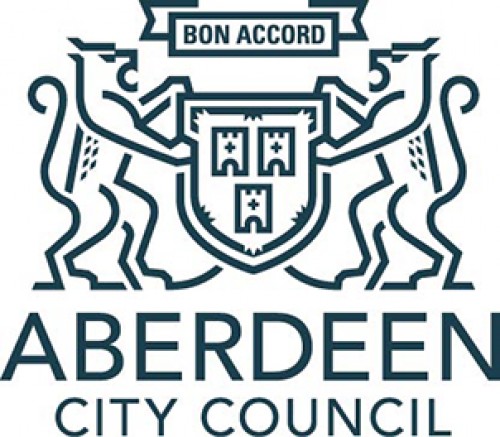Project VIVID will develop new techniques to use smart meter and public data sets to identify which consumers would most benefit from timely, relevant offers of practical and financial support for from their local authority, reputable charities, and responsible energy companies.
To enable identification of people who would benefit most from additional support and to see when they are likely to need help the most, we will use several innovative techniques:
- Firstly, we will unlock the trapped potential of usage data from smart meters. Until now smart meters have successfully helped customers to reduce energy usage by reminding them how much they are using; but by using consumptions data in a fresh, secure, and responsible manner we can see which customers could save more money, access financial support, or benefit from safety and resilience measures.
- Secondly, publicly available socio-economic data can combine with usage patterns to fine tune areas where services will be most beneficial. These services will range from financial support, energy efficiency measures, help with bills, safety advice, low carbon technology information and extra help during power cuts.
- Lastly, as an electricity network operator, we are ideally placed to bring trusted partners into the project. Being geographically tied we can combine local partners including charities and local authorities that can provide local knowledge, help to shape the information and services on offer, as well as delivering support to residents and communities.
The team of partners delivering VIVID in the Discovery Phase are second to none in the areas required:
- SSEN-D: bring consumer vulnerability and Priority Service expertise across some of the most diverse regions and communities in the UK.
- CGI: bring expert digital services and smart meter skills.
- Quarriers: are one of the UK’s leading social care charities. Renowned for their expertise in inclusion, particularly digital inclusion, and helping individuals and communities who are often left behind.
- Aberdeen City Council: serve nearly a quarter of a million residents provides a representative cross section of many community types. As Scotland’s third largest city, VIVID will develop a framework to bring together numerous support options in a single innovative and replicable solution.
Key Activities
VIVID meets the aim of the specific Supporting a Just Transition SIF Challenge in the following respects:
- Providing novel and replicable approaches for identifying consumers in various vulnerable situations by analysing data available from smart meters. The project will then look at developing appropriate interventions to support these customers. We are designing the process so it could be used by others in the future, and we will ensure it is applicable GB wide.
- Project VIVID will improve inclusion of vulnerable and disadvantaged consumers. From the outset the partners are focused on the outcomes for consumers in vulnerable situations, especially customers who are digitally excluded and are in danger of being left behind by technology. These are households who could be left behind in the Net Zero transition, without access to low carbon technologies (LCTs) and flexibility services.
The energy network innovation involves:
- Working with a broader range of smart meter data than currently used by DNOs.
- Using data to gain insight on customer vulnerability at scale, testing the process from end to end, from data acquisition through to customer engagement and assistance.
- Developing new marketing and outreach activities for Priority Services Register (PSR) promotion and fuel poverty initiatives.
- Finding new ways to support ‘missing’ consumers who are likely to be left behind in the transition to net zero.
- Spotting trends in vulnerability more quickly and accurately allowing quicker targeted response.
VIVID has four Discovery project partners: SSEN-D, CGI, Quarriers and Aberdeen City Council
The main output of VIVID will be better identification of vulnerable customers. Better service delivery as a result may provide many positive outcomes including:
- Lower levels of fuel poverty following better targeted financial help.
- Warmer and healthier population arising from energy efficiency activities being better directed.
- Safer communities after resilience planning is provided to people identified as being less resilient.
- Lower carbon emissions by reaching people who would most benefit from low carbon technologies, or who would be left behind otherwise.
- Better collaboration between service delivery partners all working from the same data to deliver services more efficiently.
- More investment in communities as organisations have greater confidence in providing help to the right households.
Funding
SIF £94,459
Start/End Date
2-month project – Starting 3rd April 2023
Current Status

Project Manager
Simon O’Loughlin
Partnered with:

